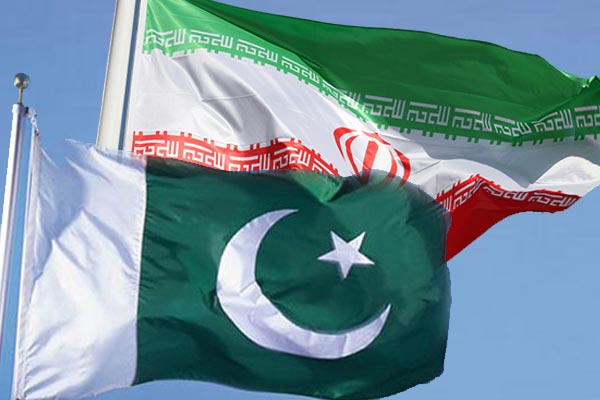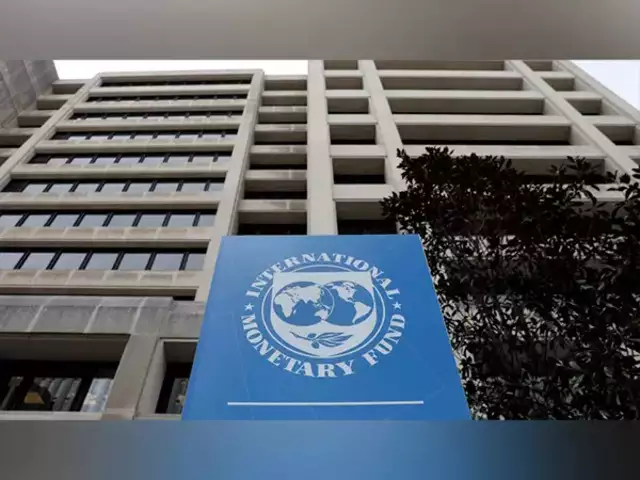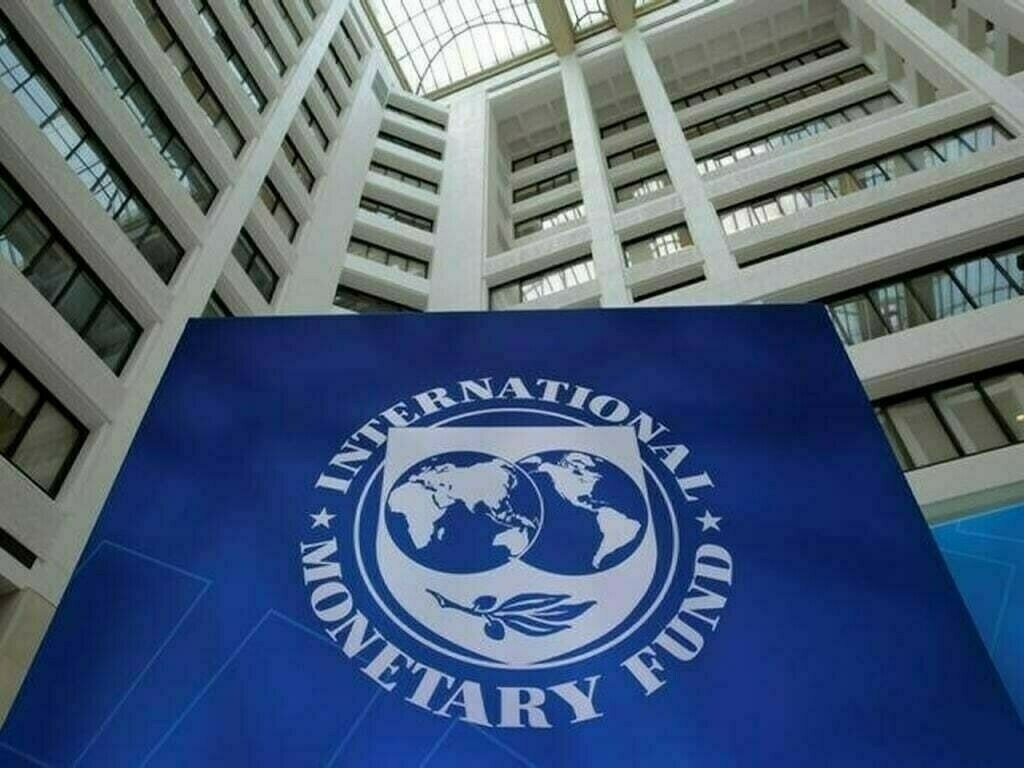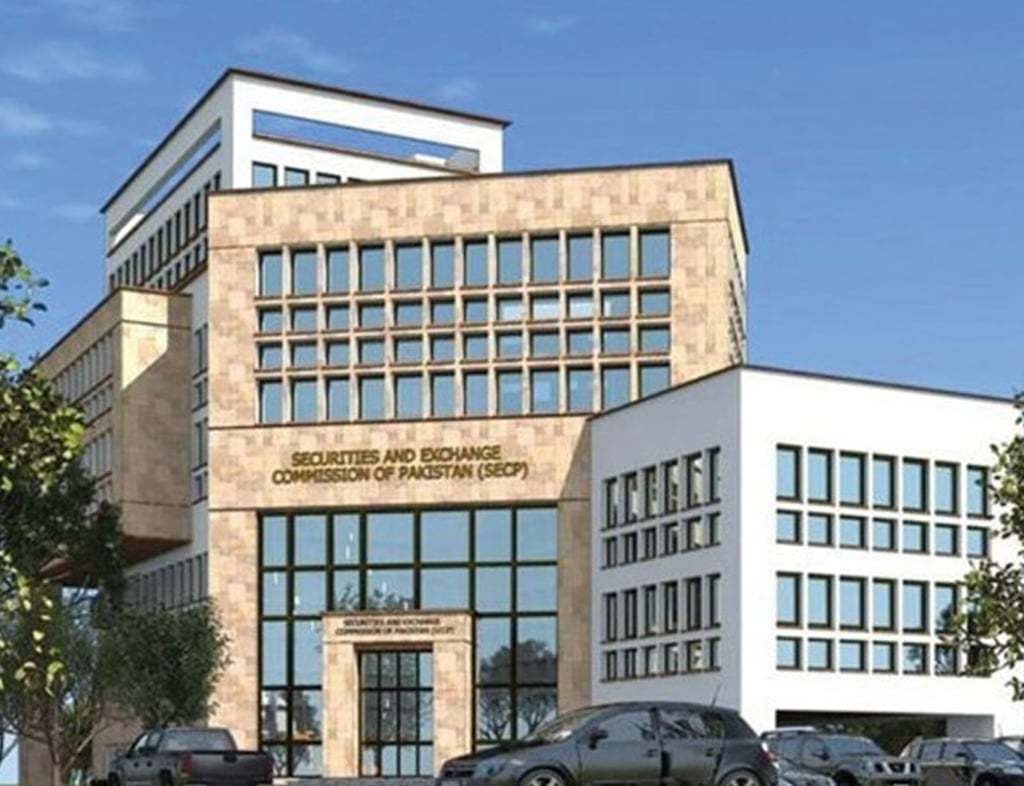PTBP Web Desk
The Federation of Pakistan Chambers of Commerce and Industry (FPCCI) has taken a significant leap towards enhancing economic ties by signing a memorandum of understanding (MoU) with the Mashhad Chamber of Commerce and Industries. This agreement, aimed at escalating bilateral trade to a formidable $10 billion, was signed in Lahore, with Punjab Governor Sardar Saleem Haider Khan and Governor General of Iran’s Razavi Khorasan province, Gholam Hossein Mozaffari, present at the ceremony.
The primary objective of this MoU is to substantially increase the trade volume between Pakistan and Iran to $10 billion. Governor Punjab highlighted during the event that Iranian interest in Pakistani products is substantial, emphasizing the potential for expanded trade relations. This agreement isn’t just about numbers; it’s about creating a robust framework for economic collaboration.
Governor Haider Khan noted that discussions with Governor Mozaffari included commitments to consider lowering tourist and business visa fees, thereby facilitating smoother travel and trade exchanges. This aspect is crucial as it reduces administrative barriers that often impede business activities.
This MoU comes on the heels of last week’s FPCCI statement where they outlined their strategy to elevate bilateral trade to $10 billion over the next five years. This ambition was echoed during a Business-to-Business (B2B) session, which was designed to foster direct business connections between the two nations, aiming for a more integrated economic environment.
In the fiscal year 2023-24, trade between Pakistan and Iran amounted to approximately $2.8 billion. Pakistan’s exports to Iran were valued at $684 million, while imports from Iran reached $2.1 billion, with a 13% increase in Iran’s exports to Pakistan in 2023, totaling $944 million. These statistics underscore a growing, yet still under-tapped market potential.
However, the path to this ambitious trade goal is not without obstacles. Political considerations and international sanctions on Iran, particularly from the United States, have historically slowed down the pace of economic engagement. The stalled Iran-Pakistan gas pipeline project is a prime example of how geopolitical issues can impact economic initiatives.
The MoU aims to navigate these challenges by focusing on direct business interactions and easing travel restrictions. This could potentially pave the way for more resilient trade relationships, even in the face of global economic sanctions.
The signing of this MoU is a bold statement of intent from both nations to deepen their economic ties. By setting clear targets and addressing logistical barriers like visa fees, both countries are setting the stage for a new era of trade and cooperation. The success of this initiative will depend on how effectively they can adapt to international pressures and leverage each other’s market strengths.




